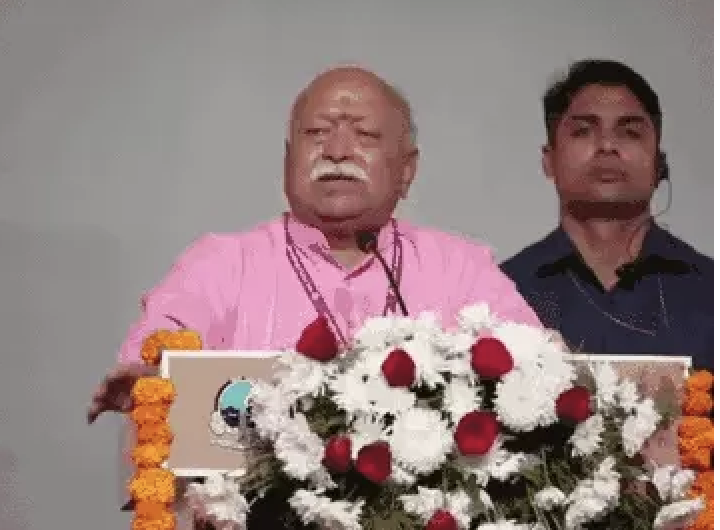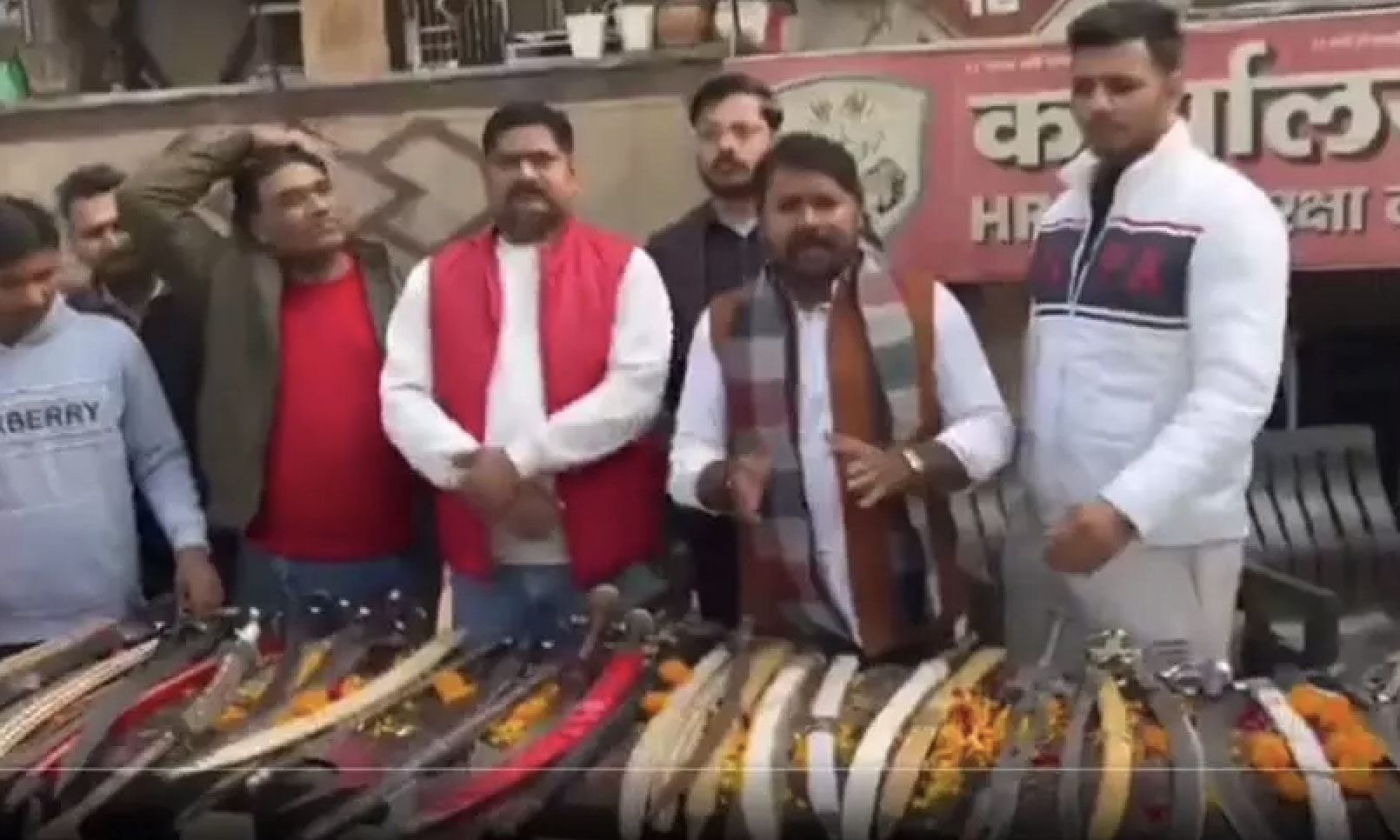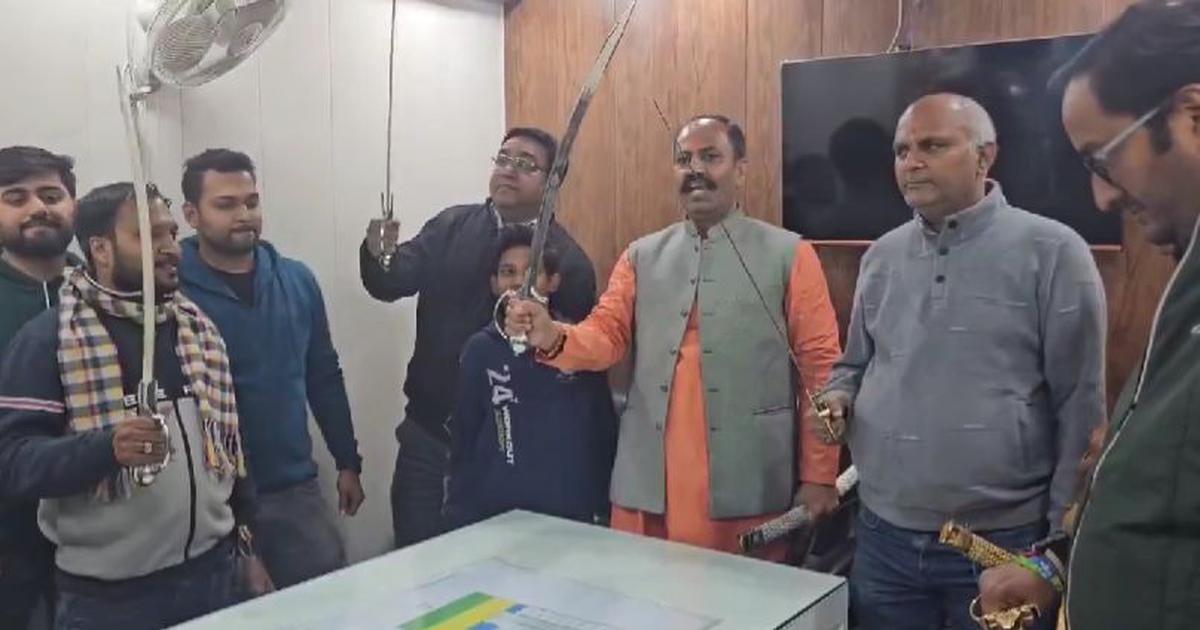
By AAMIR ALI BHAT / Article14
Kulgam (Jammu & Kashmir): On the evening of 12 July 2022, Asif Mushtaq Lone, 29, was idly scrolling through Facebook posts when he saw a news alert that had him worried: There had been a militant attack on a police post in the Lal Bazar area of Jammu and Kashmir’s (J&K) summer capital Srinagar, 70 km north of here.
Asif, who has an M.Tech degree and works with local companies while preparing for civil services examinations, was concerned because his father, an assistant sub-inspector in the J&K police, was posted in the Lal Bazar area. He called his father on his cellphone, but there was no answer. Asif rushed to inform his family about the attack.
Overcome by dread, the family, including Asif’s mother and two sisters, huddled together in a corridor of their two-story mud-house in Shouch village of south Kashmir’s Kulgam district, praying for the safety of the head of their household.
Within a few minutes, the tension turned to grief, when Asif received a phone call from Srinagar’s police control room that confirmed the policeman killed in the Lal Bazar was indeed his father, Mushtaq Ahmad Lone.
Mushtaq, 55, was shot dead at a three-man police checkpoint regulating traffic while two colleagues, constables Fayaz Ahmad and Abu Bakar, were injured when an unknown number of militants fired on them.
Mushtaq’s death became another statistic in a region wracked by decades of conflict that has claimed thousands of lives. At least 125 policemen were killed in militancy-related incidents in Jammu and Kashmir between 2017 to 2021.
In the first six months of 2022, 23 policemen and security personnel have been killed, apart from 19 civilians, five of them Hindu and the rest Muslim. Over 100 militants were killed in different gun-battles by security forces in the Valley in 2022.
What set Mushtaq’s story apart in this litany of death was the fact that his youngest son, Aqib, was by killed by security forces on 28 April 2020 in controversial circumstances, his body interred in an unmarked grave in a graveyard in Baramulla, 150 km northwest of the family home in Shouch, reserved for militants killed in firefights or “encounters”.
For two years, Mushtaq—wracked by sorrow and determination, according to his family and friends—had battled to have the label of “terrorist associate” removed from his dead son and have his body exhumed so it could be buried in the family’s ancestral graveyard in Shouch.
This story was originally published in article14.com . Read the full story here






